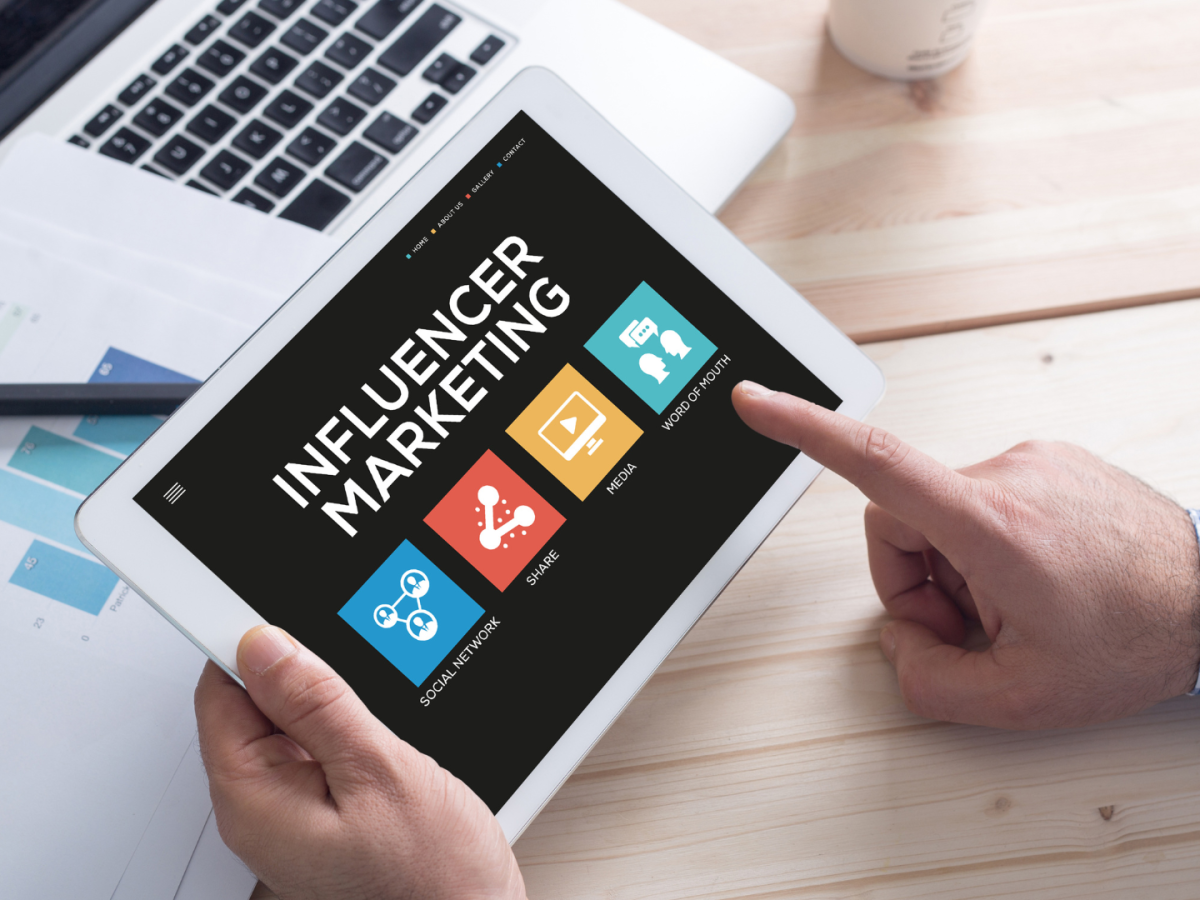How Influencer Marketing Can Help Increase Sales Amid Uncertain Times

In today's rapidly evolving economic landscape, uncertainty has become the new norm. Global events, technological advancements and shifts in consumer behavior have combined to create an environment where businesses face unprecedented challenges.
As companies navigate this uncertain terrain, maintaining consistent sales figures has become a top priority, prompting the exploration of innovative strategies to adapt and thrive.
Navigating Sales Challenges: The Rise And Power Of Influencer Marketing
Sales have always been the lifeblood of any business, but the current climate has presented unique hurdles. Consumers are more cautious with their spending, market demands are shifting unpredictably, and traditional marketing methods are proving less effective in capturing attention and driving conversions. In such circumstances, businesses must explore alternative avenues to boost sales, and one method that has emerged as a powerful solution is influencer marketing.
Influencer marketing, once considered a niche strategy, has grown exponentially in recent years, and its momentum continues unabated. The industry's double-digit growth speaks volumes about its effectiveness in connecting brands with their target audiences. This innovative approach leverages individuals who have cultivated dedicated and engaged followings on social media platforms, allowing businesses to tap into these preestablished networks.
Benefits Of Influencer Marketing During Uncertain Times
Trust Building
At a time when consumer trust in traditional advertising is waning, influencer marketing offers a refreshing change. Influencers possess an intrinsic ability to build trust with their audiences. Their authenticity and relatability foster a sense of credibility that often translates into higher engagement rates and, ultimately, increased sales. When an influencer endorses a product or service, their followers are more likely to view it as a genuine recommendation rather than a paid advertisement.
Cost-Effectiveness
Compared to traditional marketing channels, influencer marketing offers a cost-effective alternative. Rather than investing significant resources in broad-reaching campaigns, businesses can allocate their budgets more efficiently by collaborating with influencers who align with their brand values and target demographic. This precision targeting ensures that marketing efforts are directed toward individuals who are more likely to convert, optimizing return on investment.
Adaptability and Relevance
One of the most remarkable aspects of influencer marketing is its adaptability. Influencers are finely attuned to their audiences' preferences and needs, enabling them to pivot quickly in response to changing market conditions. Unlike rigid traditional campaigns, influencer marketing strategies can be adjusted on the fly, ensuring that businesses remain relevant and appealing in a rapidly evolving marketplace.
Implementing An Influencer Marketing Strategy
Finding the Right Influencer
The key to a successful influencer marketing campaign lies in selecting the right influencer. This requires careful consideration of factors such as audience demographics, engagement rates, content style and alignment with the brand's values. Collaborating with influencers who share a genuine affinity for the product or service you offer enhances the authenticity of the campaign and strengthens its impact.
Creating Engaging Content
Effective influencer marketing hinges on the creation of engaging, compelling content. Influencers excel at crafting posts that resonate with their followers' interests, and businesses can capitalize on this skill by providing influencers with creative freedom while ensuring that the brand's message is effectively communicated. The content should seamlessly integrate the product or service into the influencer's authentic narrative, fostering a sense of connection with the audience.
Monitoring and Measuring Success
As with any marketing strategy, monitoring and measuring success are essential components of influencer marketing. A range of tools and techniques are available to track key performance indicators (KPIs) such as engagement rates, website traffic and conversion rates. By analyzing these metrics, businesses can gain valuable insights into a campaign's effectiveness and make data-driven adjustments as needed.
Conclusion
In times of uncertainty, businesses must remain agile and innovative to maintain and increase sales. Influencer marketing has emerged as a potent weapon in a company's arsenal, offering a unique set of benefits that address the challenges of the modern sales landscape. By leveraging the trust-building prowess of influencers, capitalizing on cost-effective strategies and embracing adaptability, businesses can tap into this dynamic approach to drive sales, engage audiences and forge lasting connections in an era of economic unpredictability.
